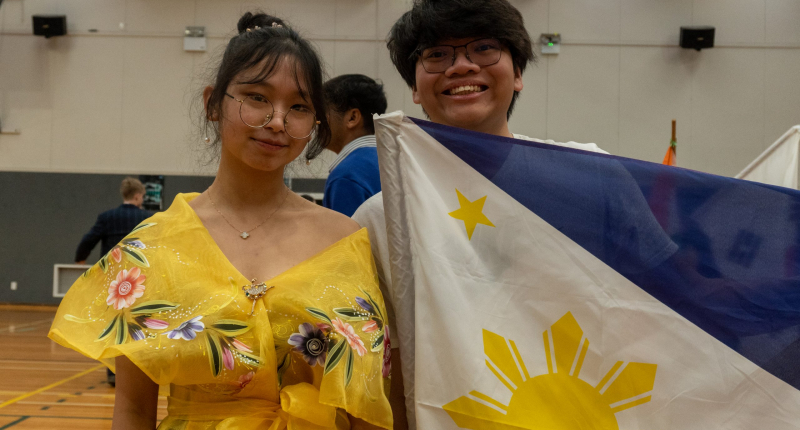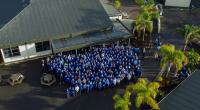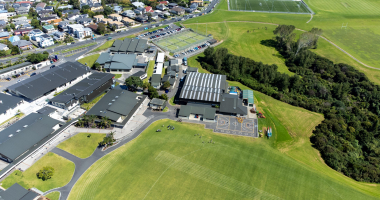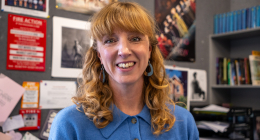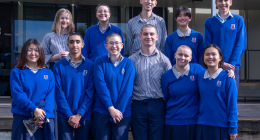Hello. Kia ora. Kumusta. Hola. 안녕하세요. Γειά σας.
My name is Clarissa Isabel, but I prefer Clarissa. I speak English (fluently), but I was born in the Philippines where the native language was either Tagalog or your regional dialect which, for me, was Cebuano. But the reality is, I cannot speak a word of Tagalog or Cebuano.
Sure, when my parents speak it to me at home, I can understand it. But I don’t respond back in the same language; I respond in English.
Back when I was in Year 9, doing a language course was compulsory. So, I chose Spanish with the excuse of revitalising my knowledge of the Filipino language. Which did happen, both in Year 9 and in Year 10 when I continued learning the language. The truth was I only did it to get an easy A.
During the school holidays in 2019–2020, I visited the Philippines for the first time in four years. I arrived first in Manila and stayed for a few days with my dad’s family, all of whom could speak Tagalog. Only one or two of them could speak English.
That was the first language barrier I had to deal with.
It was less of a barrier and more of an embarrassment. Why couldn’t I naturally converse with my extended family with whom I shared the same culture? The younger ones, the ones who were my age, could speak to me since the Philippine education system required teachers and students to speak English in the classroom. But my aunts, uncles, and grandmother couldn’t since education back then was different.
I remember one evening when I was playing with my favourite niece (don’t tell my family. I’m not supposed to have favourites) and asked her if she had any friends in school. But instead of using ‘kaibigan’ in Tagalog, I used ‘higala’ in Cebuano. She was confused and I didn’t know how to continue the conversation because I didn’t know how to translate the word into the language she spoke.
When I visited my mom’s family in Mindanao, it was a little bit easier since both of my grandparents spoke English.
Speaking two or more languages is the natural way of life for three-quarters of the human race. [This] principle … has been obscured in parts of Europe as a consequence of colonial history. We urgently need to reassert it, and to implement it in practical ways, for, in the modern world, monolingualism is not a strength but a handicap.
— David Crystal
Had I preserved my ability to speak any of my mother tongues, I might’ve enjoyed staying with my family that Christmas. Even now, whenever my parents call my extended family on Messenger, all I can say is ‘hi’, ‘thank you’, and ‘bye’. If they say something to me, I call my mom or my dad and ask them to translate.
My sister told me about an app, Drops, that teaches Tagalog. You only have to do it for five minutes a day, she told me. So, I signed up to Drops, configured my language learning experience, allocated the time and when I wanted to learn, and started my journey. I will admit, I’ve been slack with maintaining the habit of five minutes a day, but I will continue to try.
There are many benefits to multilingualism: it improves memory, improves your ability to multitask, and improves communication skills. But for me, it’s not about what it does for my mind, it’s about what it does for my soul.
I hope that, someday, I will be able to connect with my extended family more at home through our shared language.
Maybe you’re like me. Maybe you’ve lost your mother tongue, or you need to learn a language to connect with others. It’s never too late, and you’re never too old, to start learning a new language.
July 31st, 2023
Clarissa Oblefias
